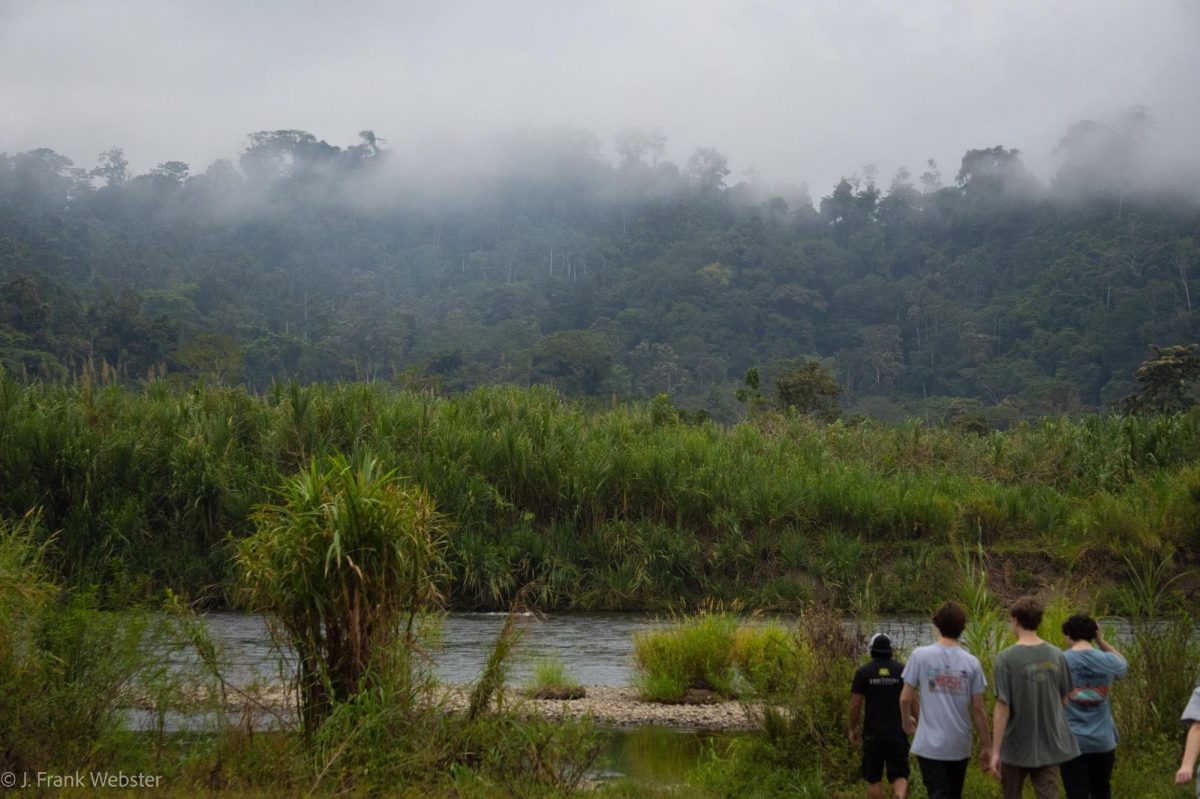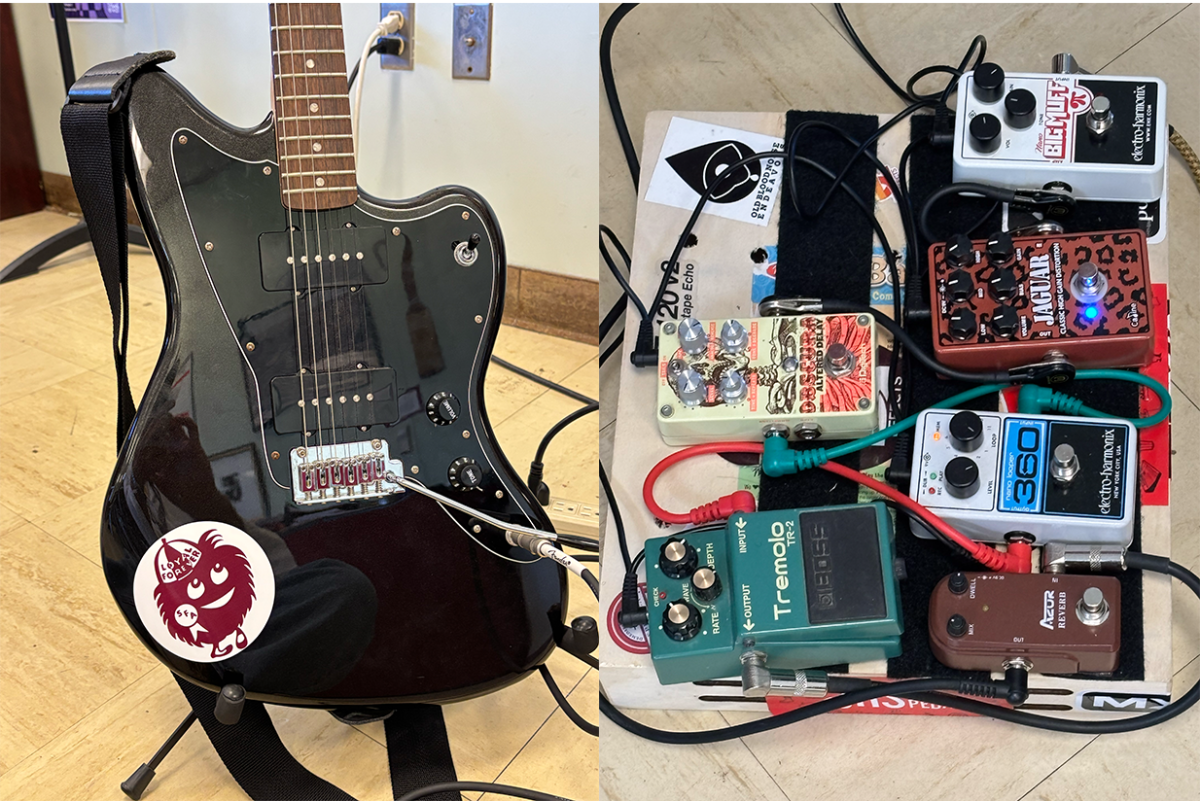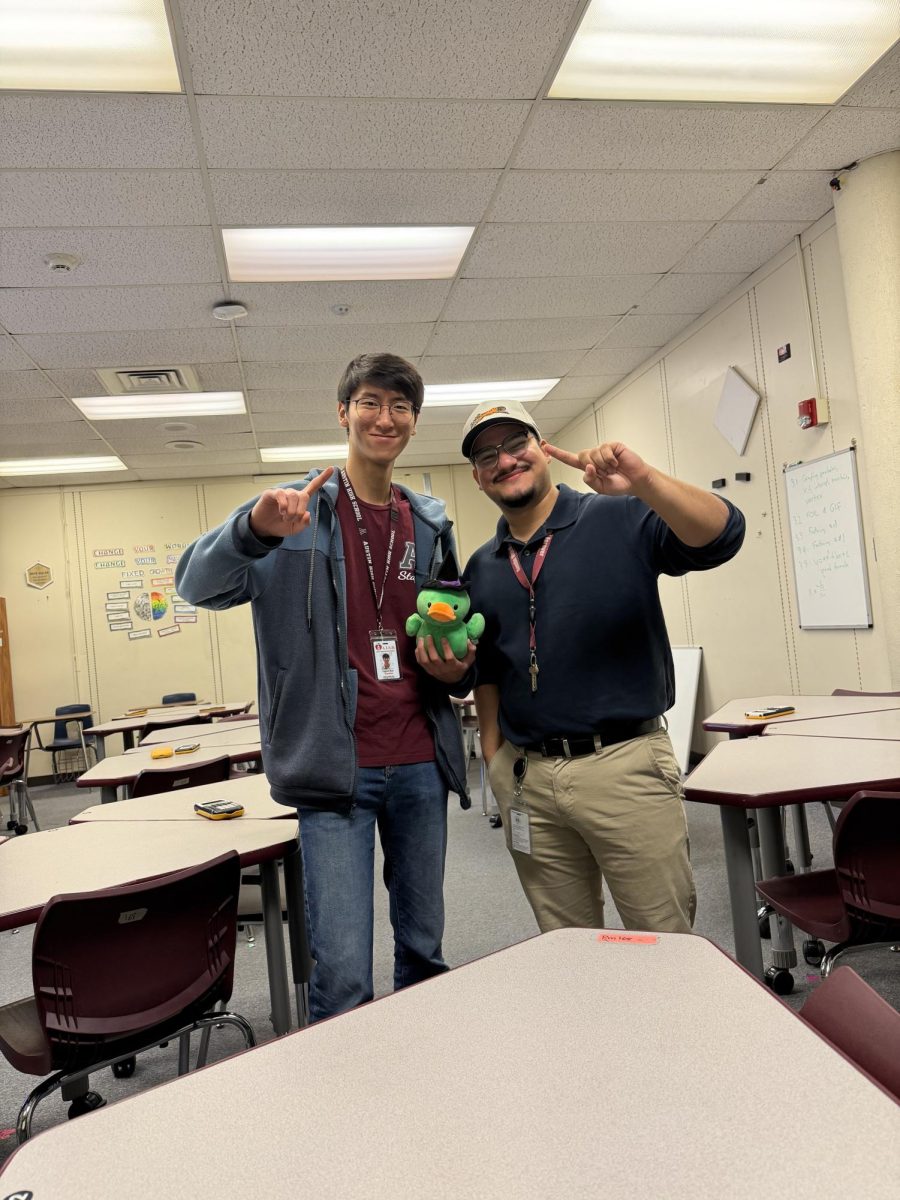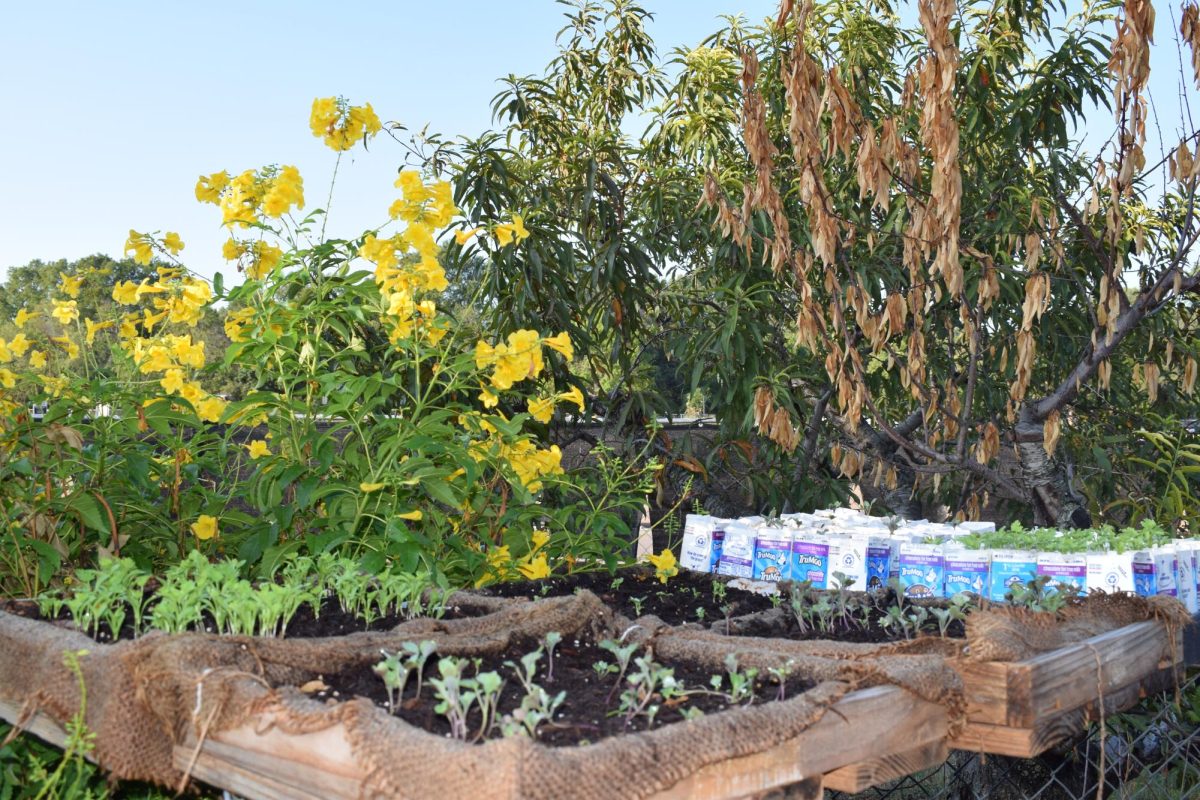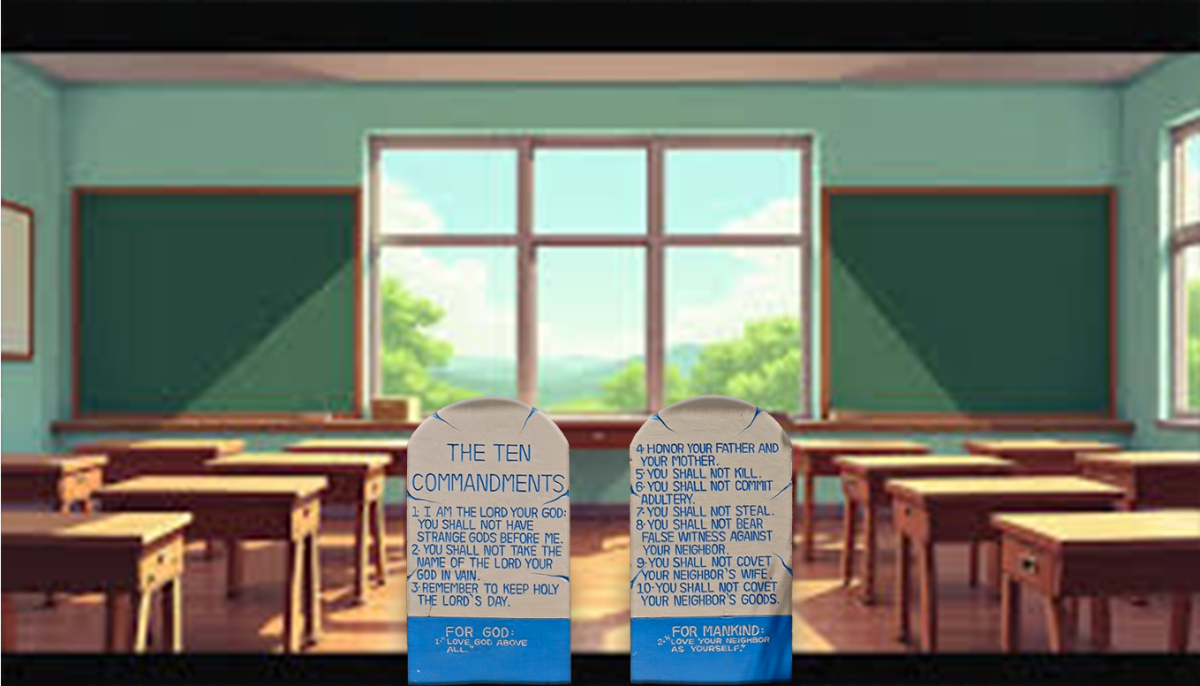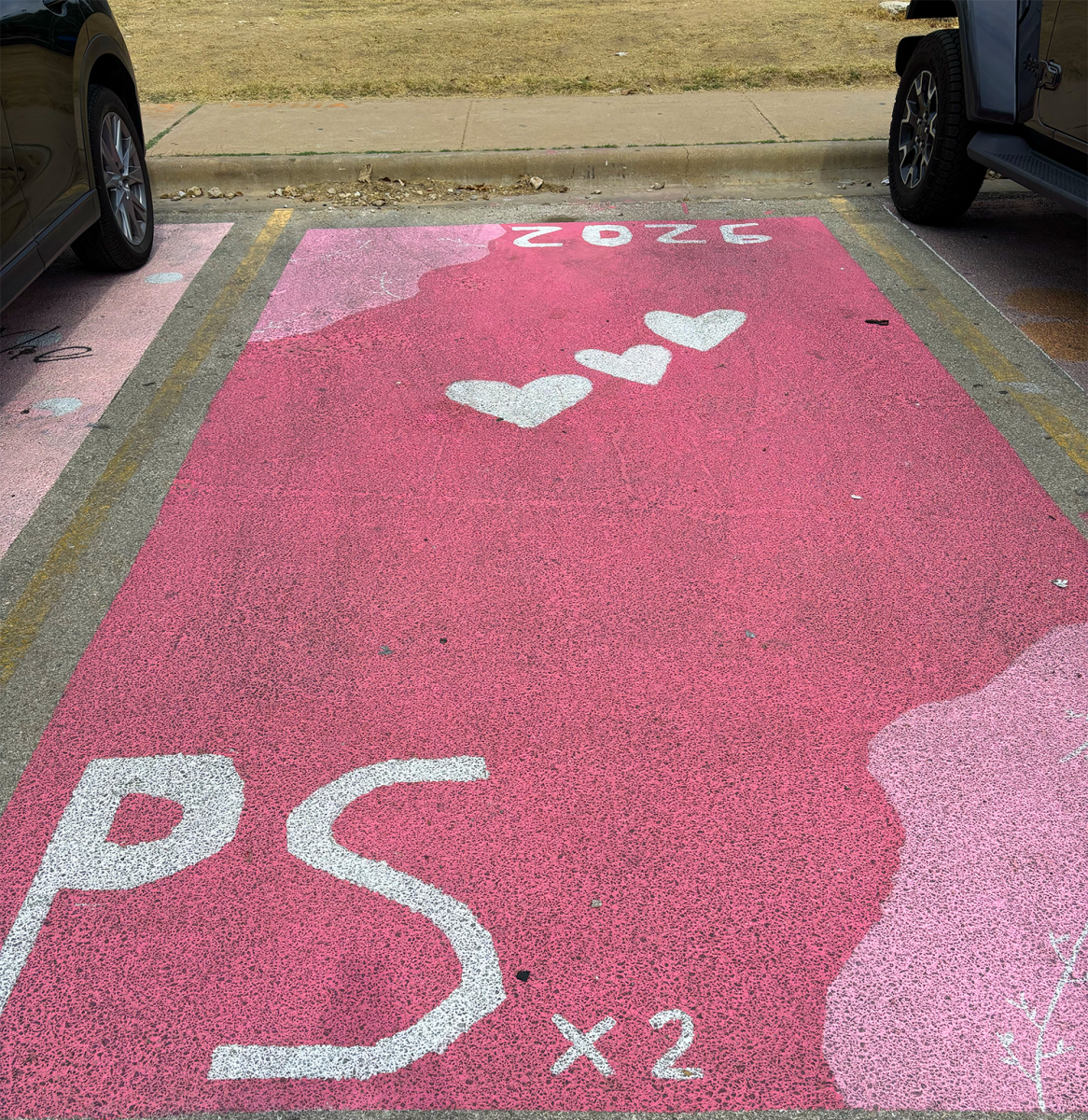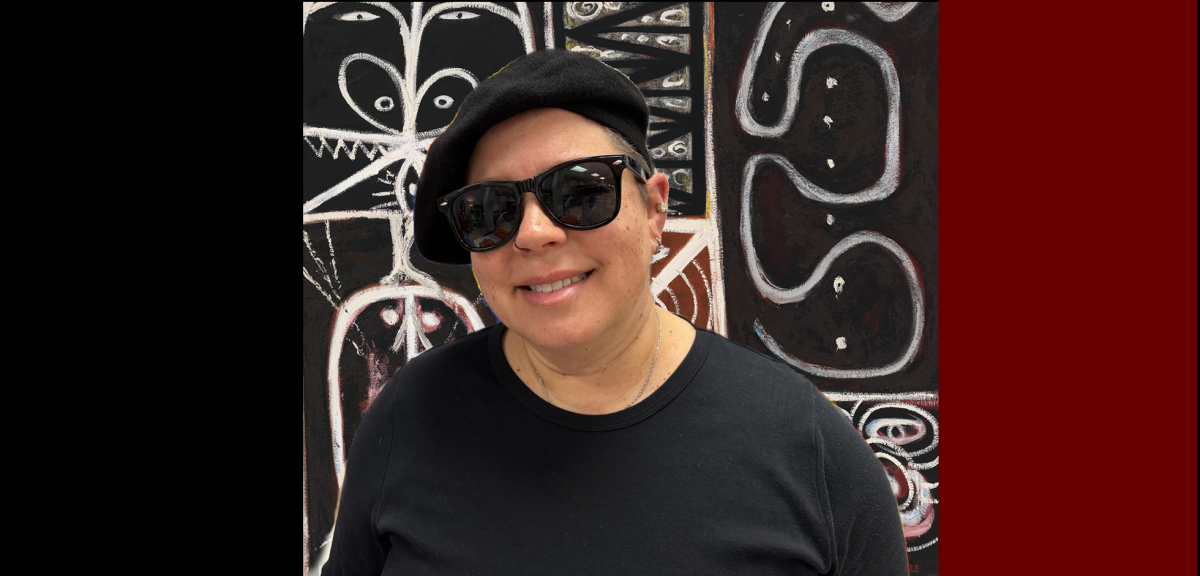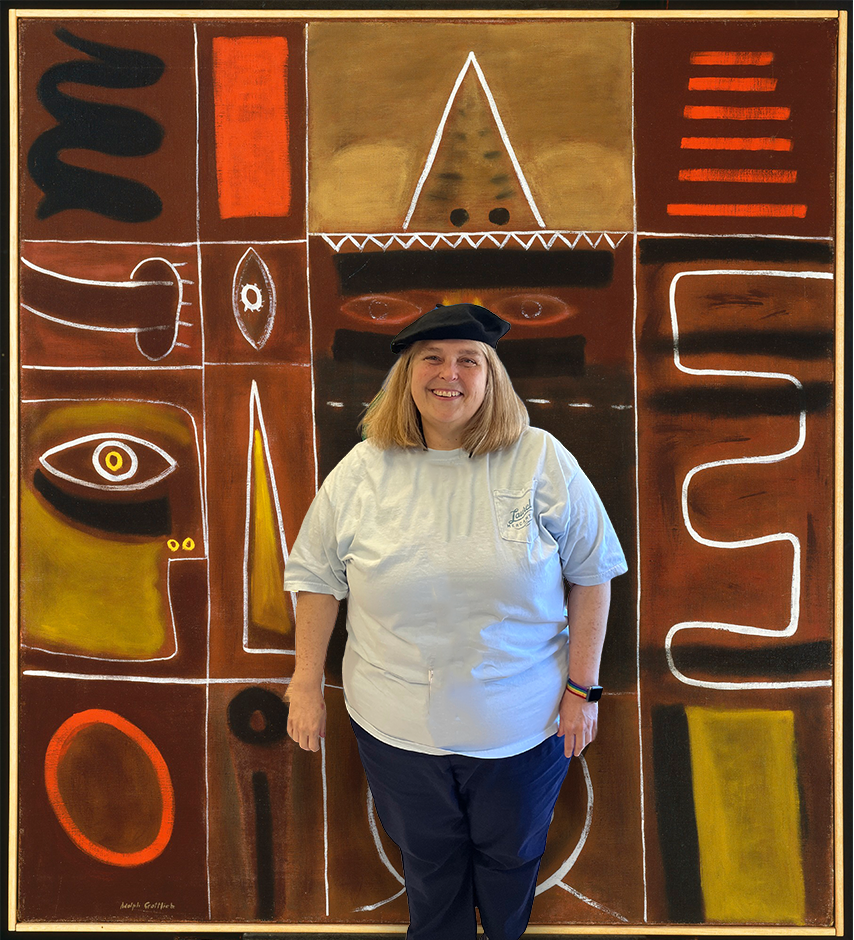The Academy for Global Studies (AGS) at Stephen F. Austin High School relatively recently took its annual immersive sophomore trip to Costa Rica, adding to the school’s tradition of immersive educational travel ex- periences. While Costa Rica is not the only destination AGS students have the opportunity to travel, as seniors can visit Thailand, and freshmen experience what it is like to live with much less privilege during a poverty simulation. These trips epitomize AGS’s commitment to experiential learning, transcending traditional classroom boundaries.
The Costa Rica trip is something AGS stu- dents look forward to from the moment they come to Austin High, with many not realizing the preparation and organization that goes into planning this trip. Each moment of the trip is meticulously organized, from their departure off campus to their return home. For the past 13 years, AGS teachers and administrators have worked hard to create the perfect itinerary and relationships for a memorable trip.
The journey through Costa Rica is diverse and dynamic, spanning from San Jose to the Pacific Coast and then to the opposite side of the country to stay with the Indigenous BriBri tribe. Students engage in various activities, from experiencing life in an indigenous com- munity to staying on family farms and visiting Catye University.
One of the most impactful activities is staying with the local people on fincas, where students immerse themselves in the local lifestyle and learn about sustainability practices. Each finca has a specialty they teach the students about, from cacao farms to jungle hikes. These experiences align with the AGS’s key pillar of recognizing perspectives. Caroline Shaw a sophomore here at Austin High in AGS said that visiting the fincas allowed her to connect more intimately with the people of Costa Rica and learn about their culture through experience.
Staying with the BriBri tribe offers insights into their unique cultural heritage and lifestyle. They are educated by an elder member about the different philosophies of the matriarch culture. Tribe members also cook fresh, local food for students to enjoy. At this point in the trip, various service work is completed for the tribe. Students do everything from planting cacao trees to painting walls.
At Catye University in Costa Rica, students began a more scientific approach to their traveling journey. Different water samples were collected throughout the trip, and students got a chance to measure and ex- amine these samples with the university’s machines and advanced microscopes. At Catye, students also learn more about sustainability. They also witness real-world examples of sustainability in action, such as Southwest Airlines donating leather to a small studio at the university, for locals to repurpose and sell.
This trip, at its core, is centered around sustain- ability and what students can learn from other cultures and bring back what they have learned to their communities. While on the trip AGS visits many different types of farms all practicing sustainability. Many students say that their favorite farms were Nortico Cocoa Farm and Blanco y Negro Farm.
Both Nortico and Blanco y Negro are family-run farms that value their close nit community. While visiting these farms many claimed that they found learn- ing about sustainable agriculture fascinating in this way due to the interactive activities. Students got to make their own chocolate at Nortico and create their compost piles at Blanco y Negro. A traditional Costa Rican meal following students’ work at each experience.
Many students say their favorite part of the trip was the food, and a fan-favorite meal was a coastal fusion of Costa Rican food enjoyed on Playa Bonita alongside the ocean. Other students say that the food the finca families made for them was their favorite as they all had individual homemade touches.
While partaking in this adventure, students saw a vastly different reality from theirs, realizing many groups and cultures have aspirations far different from ours due to their environment. Caroline Shaw said she learned about different cultures’ views of life, and said she had an eye-opening experience in Costa Rica as she saw many people without advanced technology or material items because they do not need them.
The Costa Rica trip is set to continue for many years as students, parents, and teachers agree on the importance of exposing youth to a world outside of the bubble they grew up in. Caroline Shaw said the Costa Rica trip helped her become a more empathetic student and person. Students need to experience trips such as this for exposure to new environments, recognizing different perspectives, and connecting them to the AGS pillars outside of the classroom, in turn, helping students take what they learned beyond high school.



